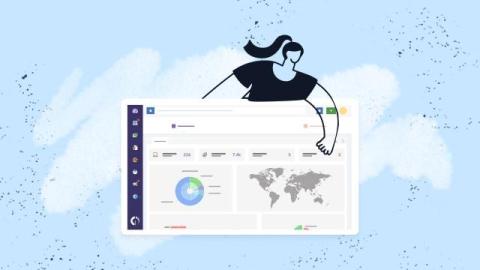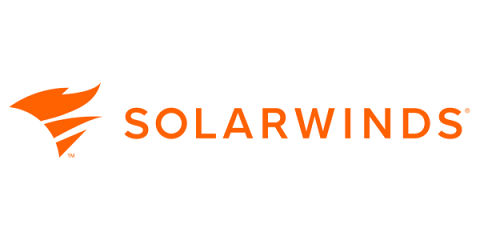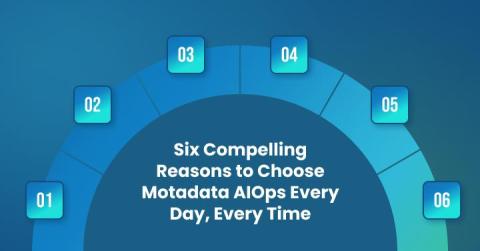Supporting Sales with Sales Engineering: 3 Tips for Efficiency and Driving Revenue
Sales engineering has become a critical function in modern businesses, bridging the gap between technical product knowledge and the sales team’s ability to close deals. However, the role of sales engineers (SEs) extends far beyond pre-sales support; they play an essential role in driving revenue growth, supporting the sales process with technical expertise, and ensuring smooth handovers from sales to customer success teams.











